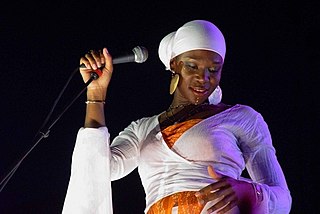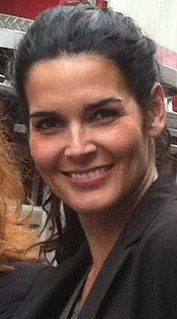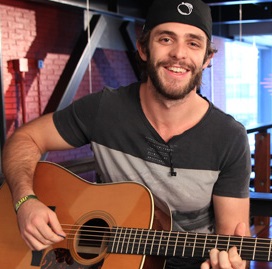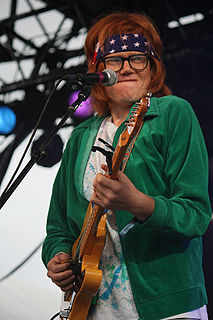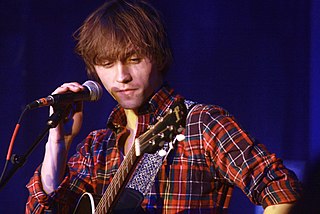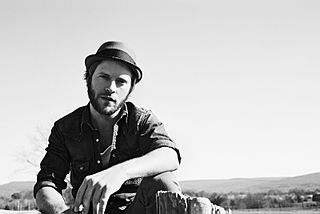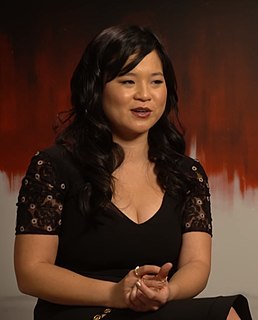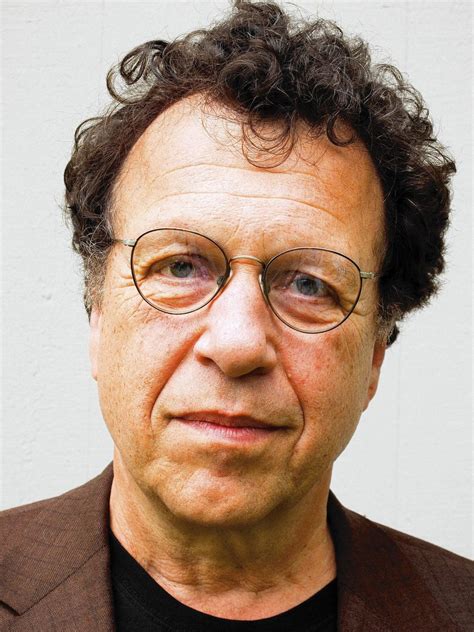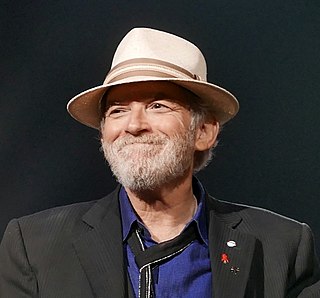A Quote by Maren Morris
Obviously, writing together is very intimate because it's sort of acting where you need to get to a really deep place to get the most emotional song.
Related Quotes
My dressing room was right on the water, and I would climb out of my window and walk around on the roof, whenever I needed time to think, or whenever I couldn't get a scene together. My father even came out there on the roof with me. We just walked around and talked up there, just to get away from everything, and nobody could get to us there. I really do love that place very much. It holds a very deep-rooted place in my heart.
I'm sort of old-fashioned in the sense that I like to write something that I feel I could just perform alone, obviously, because I do that a lot in concert. So I try to make a song where there is as much that is as distinct as I can get it, just if I'm playing it or if I'm singing it. That makes me really do a lot of stuff in the guitar work when I sit and try to figure out how to indicate what sort of dynamic I'm aiming for. Where, rhythmically, I want to go. That's sort of what ties a lot of different records together, is that it's usually always based around me singing and playing a guitar.
My boyfriend's a musician, and I think when he's on stage is the only time he's not worrying. And so that's the reason he keeps doing it is because it gives him that sort of experience of weightlessness that I only get out of being sort of, deep into writing something or really lost in a moment on set, like it's available to me in these select moments through my work.
Spaces of liberation are, in a certain way, some kind of social spaces where people can not only get together and think about something else, but also act together. If you are thinking about an elemental solidarity, you are thinking about people acting together and taking decisions together, and thereby beginning to think about what sort of society they want to create. So, there is a need for liberated spaces; that is really difficult.
In personal conversations between director and actor, the male directors that I've worked with are just as emotional. Maybe it's because I had to start having very intimate conversations with adult men at a very young age in order to get the work, but I'm really comfortable with dudes. I mean, we push boundaries in this business in terms of getting to know people.
I really enjoyed working with Daniel [Craig], because he's a brilliant actor at the top of his game. That gave me an opportunity to learn from the best, which is what you're always looking for as a performer in order to grow and get better at your craft. It was also great because he was so nice and incredibly supportive, because it really was an intimidating experience for me. He sort of held my hand and said, "We're in this together and we'll get through it together." And he did look after me.

